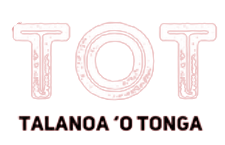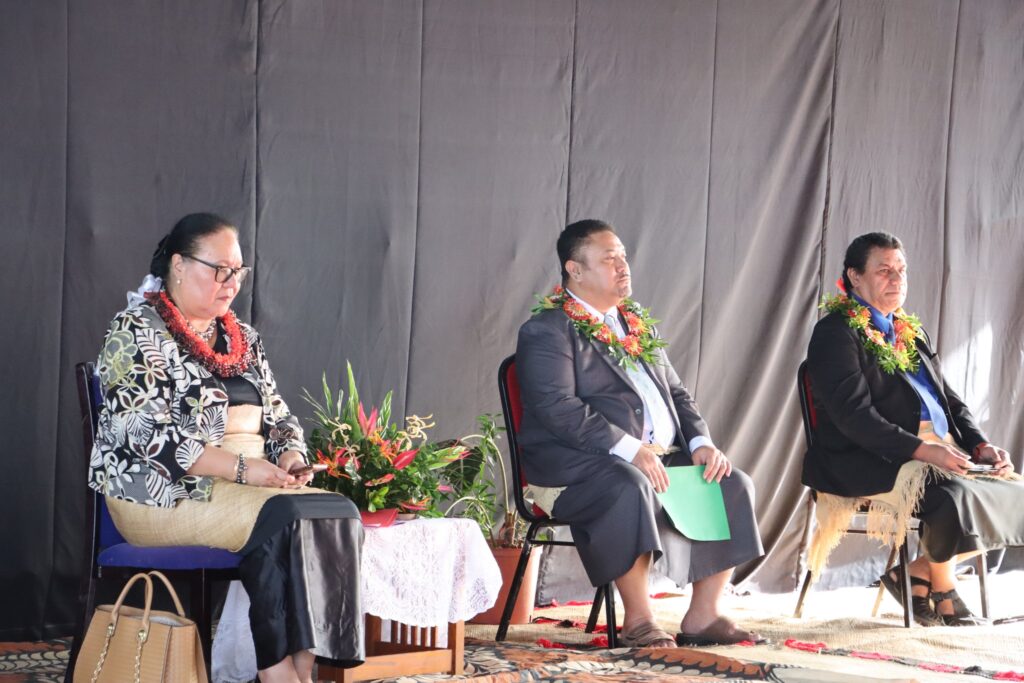The Ministry of Meteorology, Energy, Information, Disaster Management, Environment, Climate Change, Communications, and CERT (MEIDECC) has announced today in a public statement granting a provisional temporary permit for Starlink to operate in Tonga. Valid for six months, the permit was issued under Section 29 of the Communication Act 2015 CAP (15.01).
The temporary permit mandates several conditions to ensure regulatory compliance and address public concerns. Starlink must fulfill tax obligations, provide terminal details, sell directly to the public, consider a reseller model with local operators, and facilitate local payment methods for Tongan businesses. We had reported last week that customers could still pay to access Starlink services despite Government’s order for Starlink to cease it services. It appears that these government measures seem more like a patchwork solution rather than a coherent regulatory strategy. So, will it take another six months now to finally give Starlink a full license to operate?
While the permit seeks to restore access to Starlink’s satellite internet service—a critical alternative during the ongoing cable outage—the government’s flip-flop on its stance indicates a lack of consistent policy and foresight. This decision to make a compromise raises concerns about the enforcement of regulations and the precedent it sets for companies operating without proper authorisation. While the permit seeks to restore access to satellite internet during the ongoing cable outage, it also highlights the challenges in regulating new technologies in Tonga.
One business in Vava’u told Talanoa ‘o Tonga that several yachts departed from Neiafu harbour this week due to poor internet connectivity on the island. The disruption has caused eftpos machines to malfunction, leading to a loss of customers for local businesses. And, whale watching tours have been affected too, as the communication breakdown impacts both booking and customer experiences. The Ministry of Tourism could have helped too to alleviate this rather backward experience in the 21st century but it seems all are left to fend for themselves.
This compromise follows the government’s recent order for Starlink to cease services since July 10th due to illegal satellite terminal use and disruptions from the undersea fibre cable outage affecting Vava’u and Ha’apai islands since June 29. Many Tongans, especially in the outer islands, had turned to Starlink’s global satellite network since 2022 via roaming subscriptions registered abroad, highlighting the urgent need for reliable communication solutions. PM Sovaleni told the media last week that the communication loss was an “inconvenience” but emphasised that “the law cannot be put aside just because you have slow internet.”
It now seems MEIDECC is attempting to balance public concerns and regulatory compliance while Starlink’s full license application is processed. “The Government of Tonga commends the Starlink team for a fruitful and collaborative approach during the evaluation process,” MEIDECC said in its statement. “We wish Starlink Pacific Islands LLC the best in building a business that continues to benefit all citizens and residents of Tonga.”
MEIDECC’s CEO, Sione ‘Aka’oula, explained, “The issuance of this permit aims to address public concerns, while ensuring that operations are conducted in accordance with regulatory requirements while the application for a full license is finalising.” Yet, this response raises questions about the government’s initial decision to ban Starlink and its sudden turnaround after Starlink terminals appear to have been operating ‘illegally’ in Tonga since February 2022.




